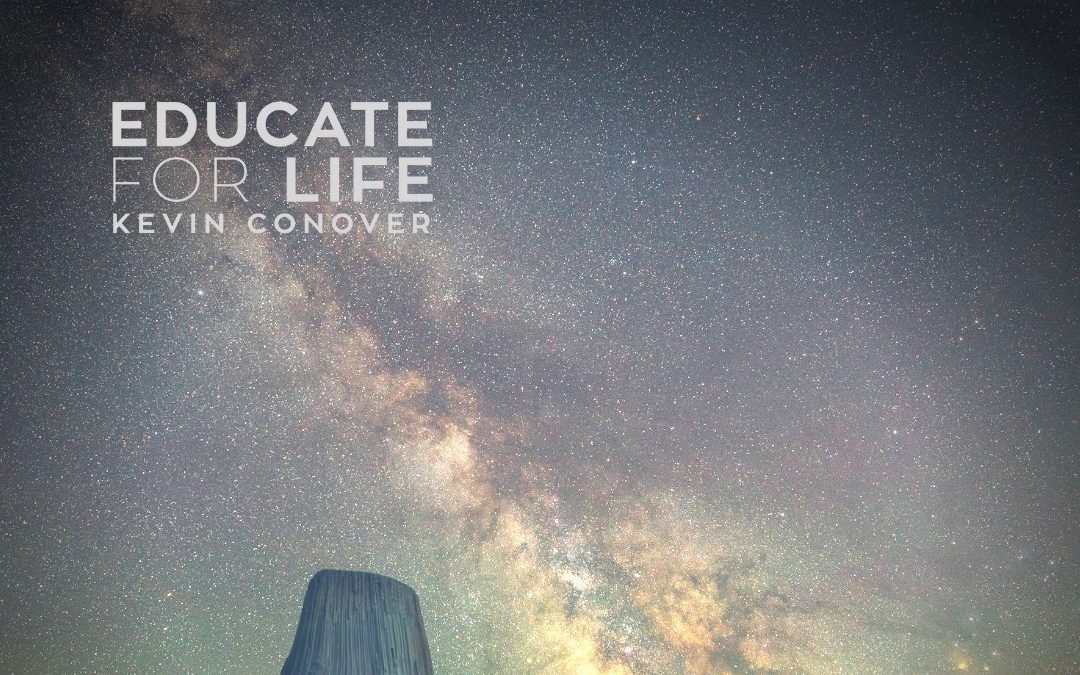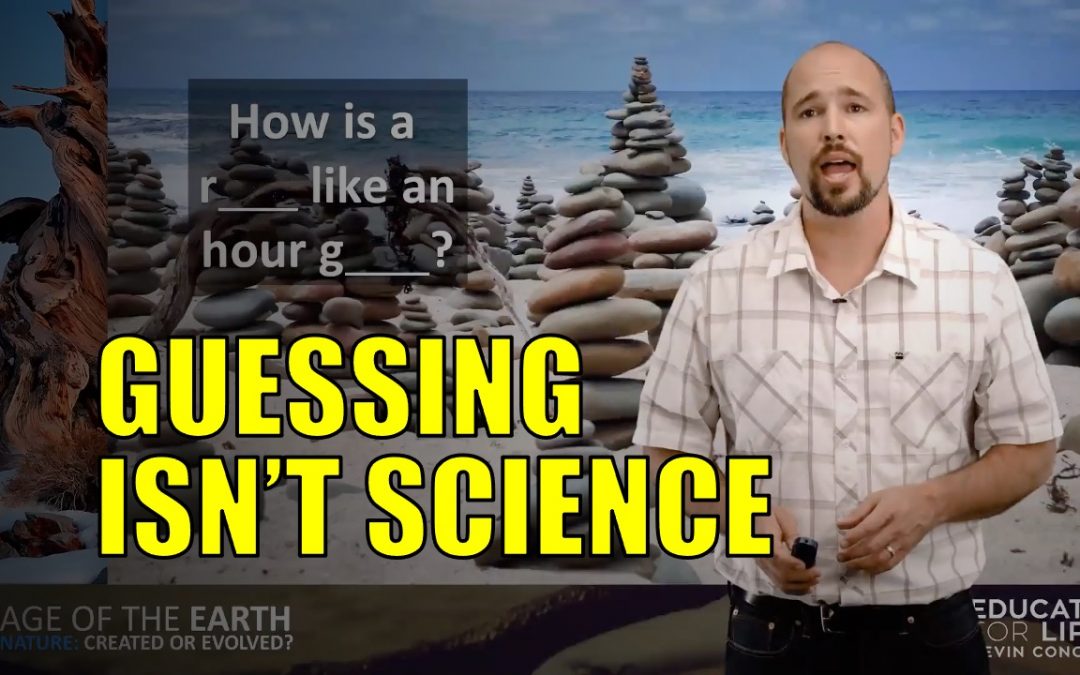Saturday, April 13, 2013
The modern scientific establishment constantly states that the age of the earth is roughly 4.6 billion years. Scientists determined this date by measuring the rate of decay of certain unstable elements that are present in the earth’s crust. This method is called radioisotope dating, and is the basis for all of the unfathomably ancient dates to which modern scientists confidently refer. But is this method truly reliable? In this video, geologist Bill Hoesch explains the unprovable assumptions that radioisotope dating must always rely on; and the results delivered by the method can only be as good as these assumptions.

Marvelous Life
Description: Did you know that scientists are so lost when it comes to explaining the origin of life on Earth, some argue that it was seeded by aliens? What did you think of the video? Let us know in the comments!







0 Comments
Trackbacks/Pingbacks